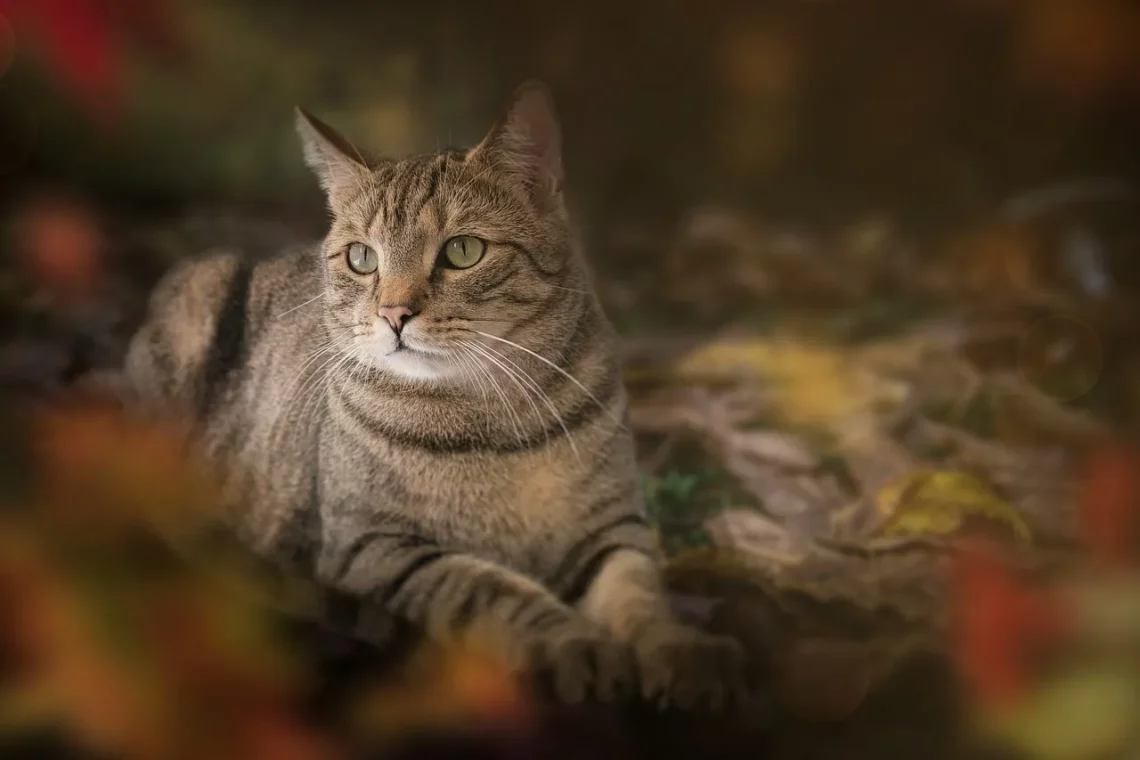
Do Cats Get Parvo and How to Protect Your Feline Friend?
Cats are beloved companions, known for their playful antics and soothing presence. While they bring joy to our lives, pet owners must be vigilant about their health and wellbeing. One concern that often arises is the potential for cats to contract serious diseases. Among these is a viral infection known as parvovirus. While it is more commonly associated with dogs, many cat owners wonder if their feline friends are at risk as well. Understanding the nature of parvo and how it affects different species is crucial in protecting our pets.
Cats have their own set of viral infections that can pose a threat to their health, but the good news is that feline parvovirus is not the same as the canine version. However, the existence of similar viruses raises questions about their impact on cats. Awareness and education are essential, as the health of our pets can sometimes be overlooked amid busy lives and other responsibilities. Taking proactive steps to ensure their safety can prevent illness and ensure a long, happy life with our furry friends.
In this article, we will explore the intricacies of parvovirus in relation to cats, the signs to watch for, and the best practices for keeping your pet safe and healthy.
Understanding Parvovirus in Cats
Feline parvovirus, often referred to as FPV, is a highly contagious virus that primarily affects kittens. It is distinct from the canine parvovirus, which is more frequently discussed in pet care circles. FPV is a significant cause of viral infections in cats, leading to severe gastrointestinal disease. It is also known for its resilience; the virus can survive in the environment for extended periods, making it a challenge to eradicate.
Kittens are particularly susceptible to FPV because their immune systems are still developing. Adult cats, especially those that are healthy and have been vaccinated, generally have a lower risk of contracting the virus. However, unvaccinated adult cats can still be at risk if they are exposed to the virus, especially in environments with high cat populations, such as shelters or multi-cat households.
Symptoms of FPV can vary but often include vomiting, diarrhea, lethargy, and loss of appetite. The diarrhea can be particularly severe, leading to dehydration, which is a significant concern for affected cats. If a cat exhibits any combination of these symptoms, it is crucial to seek veterinary care immediately. Timely intervention can make a significant difference in the outcome of the illness.
Vaccination is the primary method of prevention against feline parvovirus. Most veterinarians recommend that kittens receive their initial vaccinations at around six to eight weeks of age, with booster shots given every few weeks until they are about four months old. Adult cats also benefit from regular booster vaccinations to maintain their immunity.
Understanding the nature of parvovirus, its symptoms, and the importance of vaccination can empower cat owners to take proactive measures to protect their pets.
Signs and Symptoms of Feline Parvovirus
Recognizing the signs and symptoms of feline parvovirus is critical for any cat owner. Early detection can be the key to effective treatment and recovery. The clinical signs of FPV typically manifest within a week after exposure to the virus, though the timeline can vary based on the individual cat’s health and immune system.
One of the most common early symptoms is lethargy. A normally active and playful cat may suddenly become withdrawn or less responsive to interaction. This change in behavior can be alarming for pet owners, indicating that something may be wrong.
Following lethargy, gastrointestinal symptoms often appear. Vomiting is a frequent occurrence in cats infected with FPV. It can range from mild to severe and may be accompanied by a notable change in appetite. A cat that suddenly refuses food or water should raise immediate concern.
Diarrhea is another significant symptom associated with feline parvovirus. This diarrhea is often profuse, watery, and may be streaked with blood. The presence of blood is a red flag and warrants immediate veterinary attention. As the infection progresses, dehydration may set in, leading to additional complications.
It’s important to note that not all cats will exhibit the same symptoms, and the severity can vary widely. Some cats may show mild signs while others can quickly decline. If you suspect your cat may have been exposed to FPV or is exhibiting any concerning symptoms, it is crucial to contact a veterinarian without delay.
Aside from the immediate health risks, understanding these signs can also help in preventing the spread of the virus to other cats. Isolation and veterinary care are essential steps if a cat is diagnosed with FPV.
Preventative Measures for Your Cat’s Health
Preventing feline parvovirus is largely centered around vaccination and good hygiene practices. Ensuring that your cat is up to date on vaccinations is the first line of defense against FPV. As mentioned previously, initiating vaccinations in kittens and keeping up with boosters in adults is essential.
In addition to vaccinations, maintaining a clean environment is crucial. The FPV virus can survive on surfaces for months if not properly sanitized. Regularly cleaning litter boxes, food and water bowls, and any surfaces that your cat frequents can help reduce the risk of exposure. Use a disinfectant that is effective against viruses and follow the manufacturer’s instructions for proper use.
If you have multiple cats or are considering adopting a new pet, be sure to keep them separated until they have been vaccinated. This is especially important if the new cat has been in a shelter or has had contact with other animals. Introducing new cats gradually can help minimize stress and reduce the risk of disease transmission.
Monitoring your cat’s health and behavior is also an essential part of prevention. Regular veterinary check-ups are important for early detection of any health issues, including potential viral infections. Your veterinarian can provide guidance on the appropriate vaccination schedule and any additional preventive measures specific to your cat’s lifestyle.
Lastly, educating yourself about common feline diseases, including parvovirus, can empower you to make informed decisions regarding your cat’s health. Knowledge is a powerful tool in ensuring your feline friend remains healthy and happy.
**Note:** This article is intended for informational purposes only and should not be considered medical advice. For any health concerns regarding your pet, please consult a qualified veterinarian.




